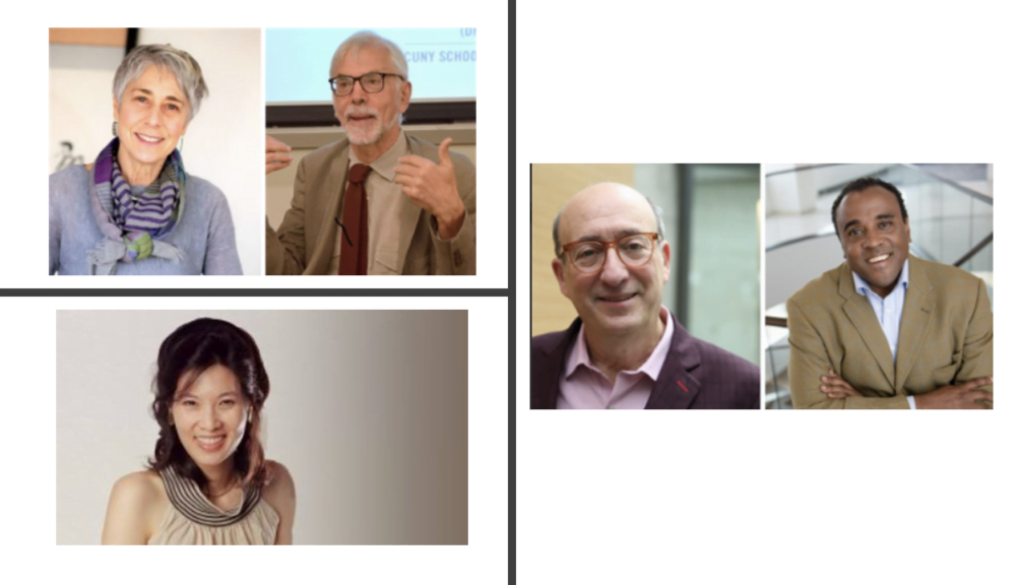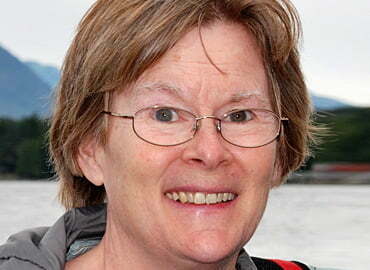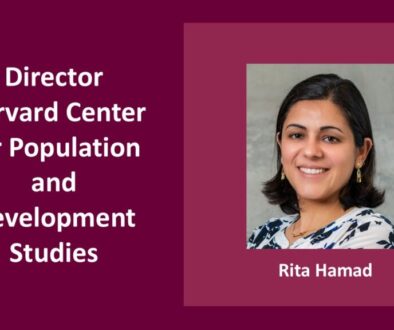Capitalism and Population Health: Highlights from Our 2020 Conference Plenaries
Christine BachrachAt the recent IAPHS conference, three plenary sessions explored the conference theme, “Policies, Places, and Profits: Manufacturers of Illness and Health.” The speakers addressed the intersection of capitalism, as practiced today, with public health and wellbeing. Most, but not all, emphasized negative impacts on health, but none suggested that our economic system has to have this effect. In fact, one speaker suggested some evolution towards a healthier relationship between business and population health.
Plenary speakers included David Michaels, Professor Professor of Environmental and Occupational Health at George Washington University; Greg Fairchild, Professor of Business Administration at the University of Virginia; Sheryl WuDunn, a business executive, journalist, and author of Tightrope; Susan Greenhalgh, Professor of Anthropology at Harvard University; and Nick Freudenburg, Professor of Public Health at the City University of New York.
Nick Freudenberg gave the broadest analysis of capitalism and health. Starting from the premise that our economic system is a fundamental determinant of well-being and health equity, he argued that, since the 1970s, capitalism has been changing in ways that magnify its harm to human and planetary health. Globalization, the growth of the financial sector, monopoly concentration, deregulation, privatization, and corporate control of science and technology are among the changes he highlighted. In turn, these changes have promoted unhealthy consumption, pollution and climate change, growing inequality, and destabilized democracy. The result is a “21st century capitalism” that has left us with growing health inequities, vulnerable to pandemics, and struggling to address the growing burden of noncommunicable diseases.
Sheryl WuDunn focused broadly on how economic policies have created gross inequalities that have led to a mushrooming of deaths of despair and falling life expectancy, even while the economy was ostensibly growing stronger. In comments that reinforce many of Freudenberg’s points, she blamed poor, bipartisan policy choices going back 50 years: deregulation, reduced taxes on the wealthy, and less investment in human capital. She described growing inequality in our country as a cancer that has disastrous consequences for people at the bottom half of the income distribution while “the party goes on in America’s first class cabin.” COVID has only made things worse.
The talks by Susan Greenhalgh and David Michaels drilled down into the process through which some corporations have undermined public health science so that they can continue to market harmful products. Drawing from his book The Triumph of Doubt, Michaels detailed practices that corporations have used to create uncertainty about the harms their products cause. The strategies trace back to the fights over tobacco safety: companies hire friendly scientists to generate publications that question existing evidence on product safety; they work to prevent the funding of independent studies; and they design communication strategies that divert attention from the dangers of their products. By influencing regulation and litigation, these tactics allow products to be marketed well beyond the point at which they are known to be unsafe. Michaels pointed to a broad swath of domains in which these practices have been used: pharmaceuticals, baby products, diesel emissions, sugary drinks, opioids, alcohol, lead, clean air and water, climate change, and even the National Football League, which denied the existence of chronic traumatic encephalopathy for years.
Greenhalgh provided an in-depth case study of one such effort, using what she calls “a forensic anthropology of population health science.” Her 6-year study of the International Life Sciences Institute (ILSI) documented the Institute’s close ties to Coca-Cola as well as practices that allow industry control of science within an invitation-only community that excludes critics. Greenhalgh showed that ILSI paid exercise scientists to advance the notion that exercise, not calories, was the key to battling obesity; then disseminated these ideas around the world through an office in China and another nonprofit, the Global Energy Balance Network; and leveraged these activities to influence policy.
In contrast to the other speakers, Greg Fairchild drove home the idea that business can contribute positively to the health of communities, and that many companies are going in this direction. Drawing on a soon-to-be-released Surgeon General’s report on “Community Health and Economic Prosperity,” he highlighted the importance of intermediary organizations and community development financial institutions that help companies become integrated in society-wide efforts to improve health and wellbeing.
All five speakers stressed the importance of population health science that illuminates how economic systems and businesses affect health and health equity. Unpacking the mechanisms informs how the system can be changed to improve, rather than undermine, health. It also provides the basis for informed advocacy to achieve those changes necessary to improve not only health and health equity, but the health of the American economy.






All comments will be reviewed and posted if substantive and of general interest to IAPHS readers.